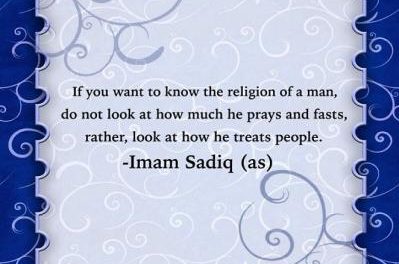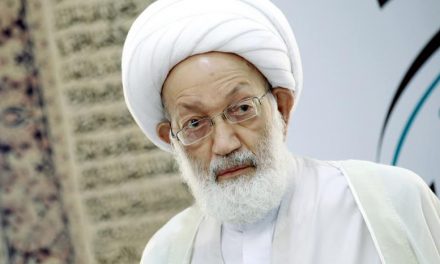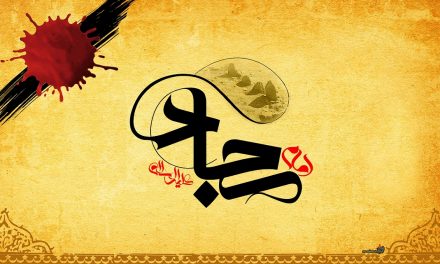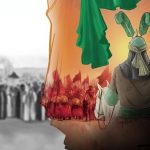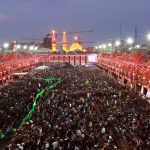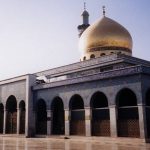
Greek philosophers maintain that although city is established to fulfill the basic needs of life (mainly economic needs), its survival is meant for fulfilling a good life, that is, a life accompanied with virtue and joy. However, it should be borne in mind that the emphasis of Greek philosophers was on the mundane happiness and virtue, while they did not clearly discuss felicity in the hereafter and ways to achieve it.
However, Muslim philosophers discuss both worldly and celestial joy. Farabi writes: “The supreme ruler is he whose intention of ruling, which governs the cities, is to direct himself and people toward attaining ultimate happiness. This is the purpose of the government. Achieving this objective requires the ruler of the al-Madina al-Fadilah (virtuous city) to have attained the ultimate happiness, because he is the cause of the happiness of the people.”
He does not consider other objectives such as glory and greatness, economic welfare, pleasure and power as the purpose and objective of the government of the city. Farabi, in accordance to Islamic beliefs, stresses the government’s role in achieving otherworldly joy in addition to its role in attaining terrestrial virtue and happiness, and considers worldly life a prelude and a means to achieve otherworldly joy. Therefore believes the government is obliged to direct people towards otherworldly joy.
Source: tebyan.net

